Delhi, India After a weekend that drew the globe to Delhi for an incredibly successful leaders’ summit, New Delhi may breathe a sigh of relief that everything went well as the Indian Presidency of the G20 is ready to wrap up. And it has every right to be proud of what it has accomplished.
Indian foreign policy aims and the nature of its connections with important actors were reflected in the summit, its declaration, and the bilateral and multilateral discussions that took place en route. The statement will also have an impact on India’s efforts to represent the Global South, bilateral relations, notably with the US, Russia, and China, and efforts to resurrect reformed multilateralism at a particularly precarious moment in the international system.
The India Way author S. Jaishankar, the minister of external affairs, stated that now is the moment to “engage America, manage China, cultivate Europe, reassure Russia, bring Japan into play, draw neighbours in, extend the neighbourhood, and expand traditional constituencies of support.” In each of these areas, India was successful in achieving its goal.
American engagement in G20
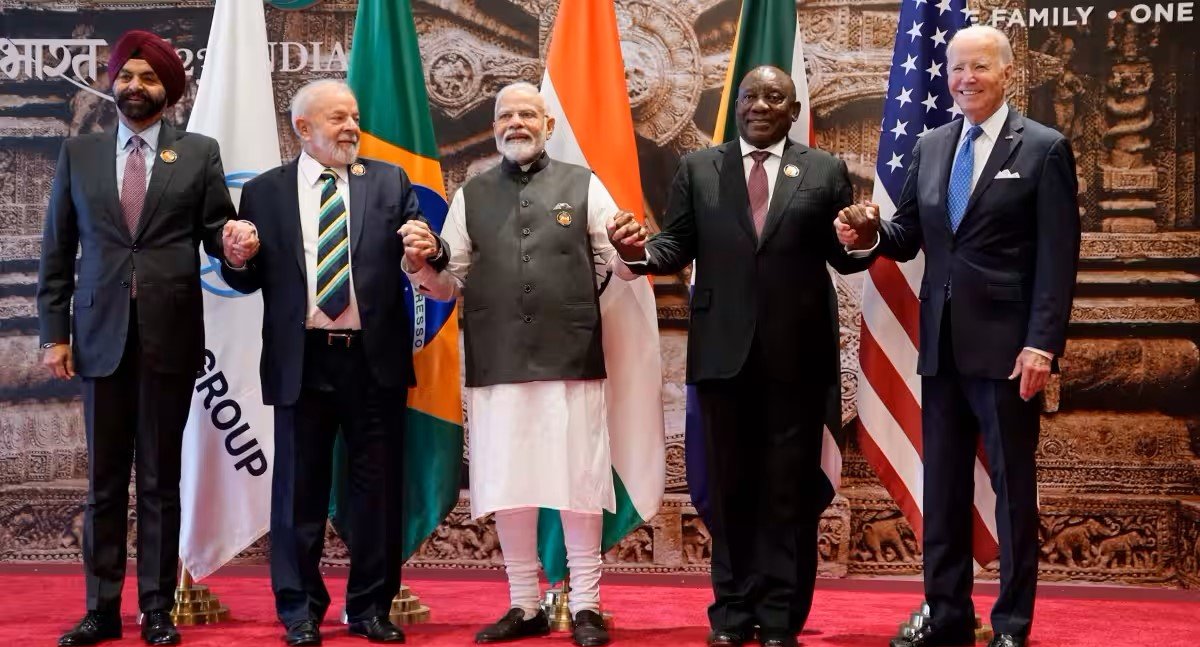
President Joe Biden’s trip to India marked a strengthening and deepening of trust, if Prime Minister Narendra Modi’s state visit to the US in June represented a Great Leap Forward. Consider the two innings as an explosive opener laying the groundwork for a large total and a strong middle-order knock securing the innings. Cooperation at the international, regional, and bilateral levels showed this.
India owes the US a debt of gratitude for being accommodating on the Delhi Declaration’s wording. There is no doubt that Biden approved of deleting a particular reference to Russia’s aggressiveness in the context of UN resolutions and allowing for a more general and wider wording. Biden has undoubtedly been the most dedicated Democratic president to the India relationship in history. Then the Europeans did the same because, despite their bluster, it has only been the US that has so far protected Ukraine from Russian assault. India was able to organise the Global South and apply collective pressure on Moscow thanks to American flexibility as well.
Controlling China
The G20 weekend demonstrated the enormous difficulty India confronts in managing its relationship with China and how this will continue. For the first time since becoming president of the G20, Chinese President Xi Jinping decided to forgo the meeting. In terms of domestic optics, this was indeed a good thing for the Indian political leadership, as a handshake or bilateral meeting between Modi and Xi might have drawn criticism from the opposition, which would have claimed that this was a sign of India’s weakness given the situation at the border.

Traditional Supporters in G20
Last but not least, this past weekend demonstrated how India is integrating its neighbours. Recall how Bangladesh attended the G20 as a guest nation and took advantage of an exceptional networking opportunity with the political elite of the world. Cooperating with its extended neighbourhood (such as the infrastructural corridor with the UAE and Saudi Arabia). And growing its constituencies of support for the transition.
The comeback of the Global South was also the weekend’s most notable takeaway in terms of these aspects. There is a perspective that claims this represents a return to the previous third-worldist. Anti-Western discourse that long predominated Indian foreign policy. However, India’s present strategy is distinct since it is built on bridging the gap. The gap between the West/North and the South by taking advantage of New Delhi’s special position in the global hierarchy.

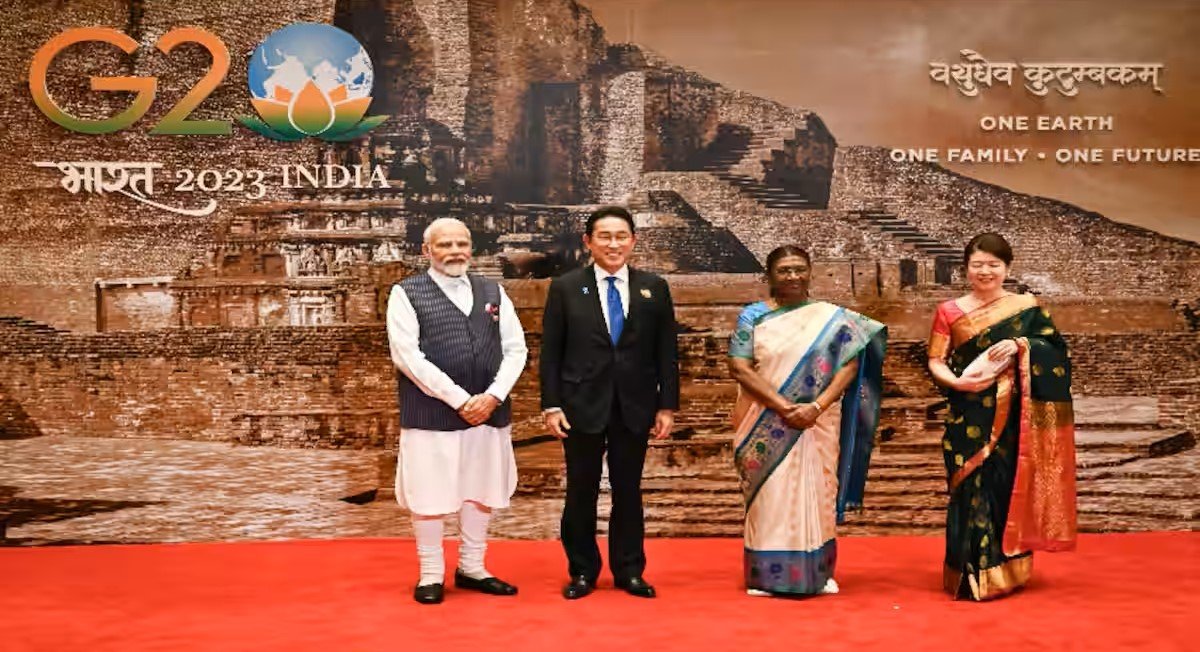




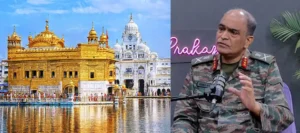
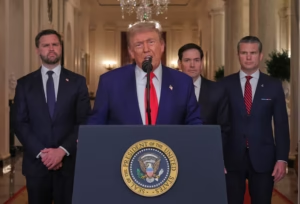

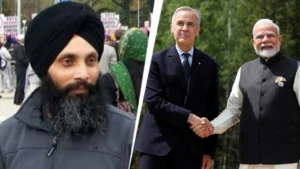

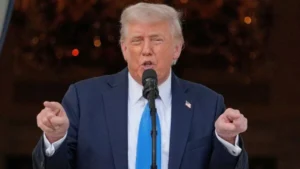
Be First to Comment